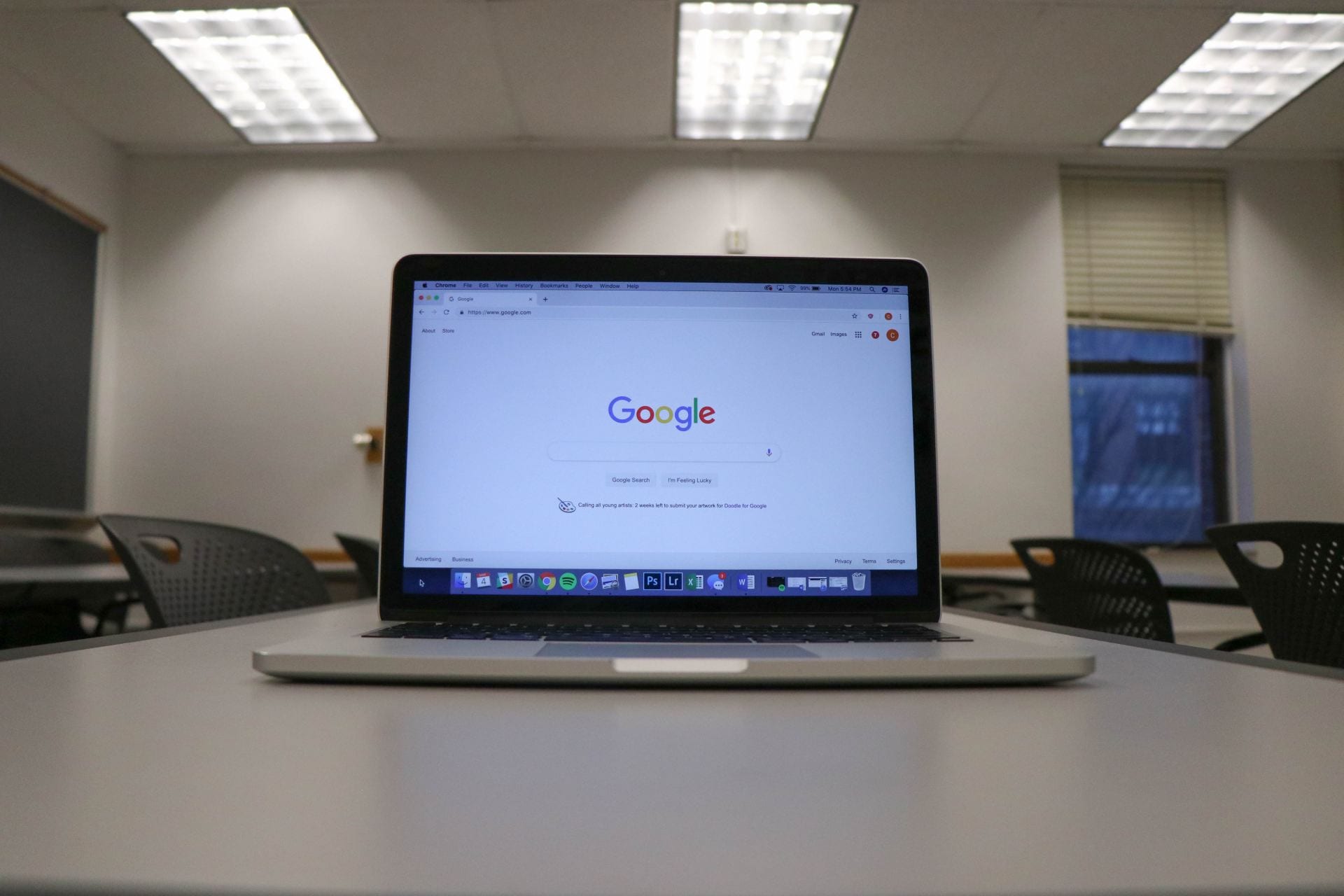What a year 2013 was.
It brought us BatDad, twerking and an end to Bieber Fever. It asked us what the fox says and taught us to shake it like they (allegedly) do in Harlem.
We said hello to a royal baby and a new pope.
We said goodbye to Nelson Mandela, Margaret Thatcher, Paul Walker and an unfortunate number of others.
And whatever happened, Internet search giant Google tracked and memorialized our interest in all of it.
Around the end of the year, Google releases its annual “Google Zeitgeist,” an interactive recap of what happened and what the world searched for in the preceding 12 months.
Say what you will of Google, but there’s no denying its thoroughness.
I love infographics and can spend (and have spent) countless hours pouring over even the most trivial sets of data, especially when presented in an aesthetically pleasing way. I’m the guy who tracks his Twitter followers not out of concern for how many he has but because the graphs are exciting to look at.
Perhaps needless to say, when Google wraps up this much data in its iconic minimalist style, I can disappear for days.
My 2013 Google Zeitgeist experience began with an advertisement.
Technically a “year in review” video, the 90-second short film was reminiscent of the Google ads many of us have seen on television.
In answer to the question “What did the world search for in 2013?” the video spins a narrative made from clips of pop culture, the Google logo and Google searches.
After the video ends, the chaos begins. Don’t misunderstand me — the archive is elegantly designed and easy to navigate. The chaos comes from its size. This thing is massive.
If you’re anything like me, you’ll be unsure where to begin and hopelessly committed to exploring it all.
I clicked through a seemingly infinite wall of photos, each showing one of the top 100 searches in 2013.
I viewed list after list of trending topics in eight categories and was able to organize those lists based on total search volume or increase in search volume since the previous year.
Options allow you to do all of that for the globe as a whole, or narrow your search down to the United States or any other country on the planet.
You can view an interactive globe and see on a day-by-day basis what a given city’s searches were. Unsurprisingly, Columbus had a lot of Ohio State football searches.
If that’s not enough, you can compare any two or more search terms and their performances in 2013, regardless of how tenuous (or nonexistent) their relationship. For fun, I compared Miley Cyrus and mustard seeds.
And on every page, the Google logo is inescapable — even on the page where I compared Kanye West and gefilte fish recipes.
But while Google never misses a chance to remind you that it’s the one providing this archive, it does so in a fairly unobtrusive way. The Google Zeitgeist might be an elaborate advertisement, but it’s a clever one.
I’ll stomach a 90-second video and ubiquitous branding for access to such an immense archive, especially one so accessible and well-designed.
I’ve been perusing Google’s Zeitgeist for several days now, and I feel like I’ve barely scratched the surface. Here’s hoping I can finish exploring before Google releases the 2014 edition.


